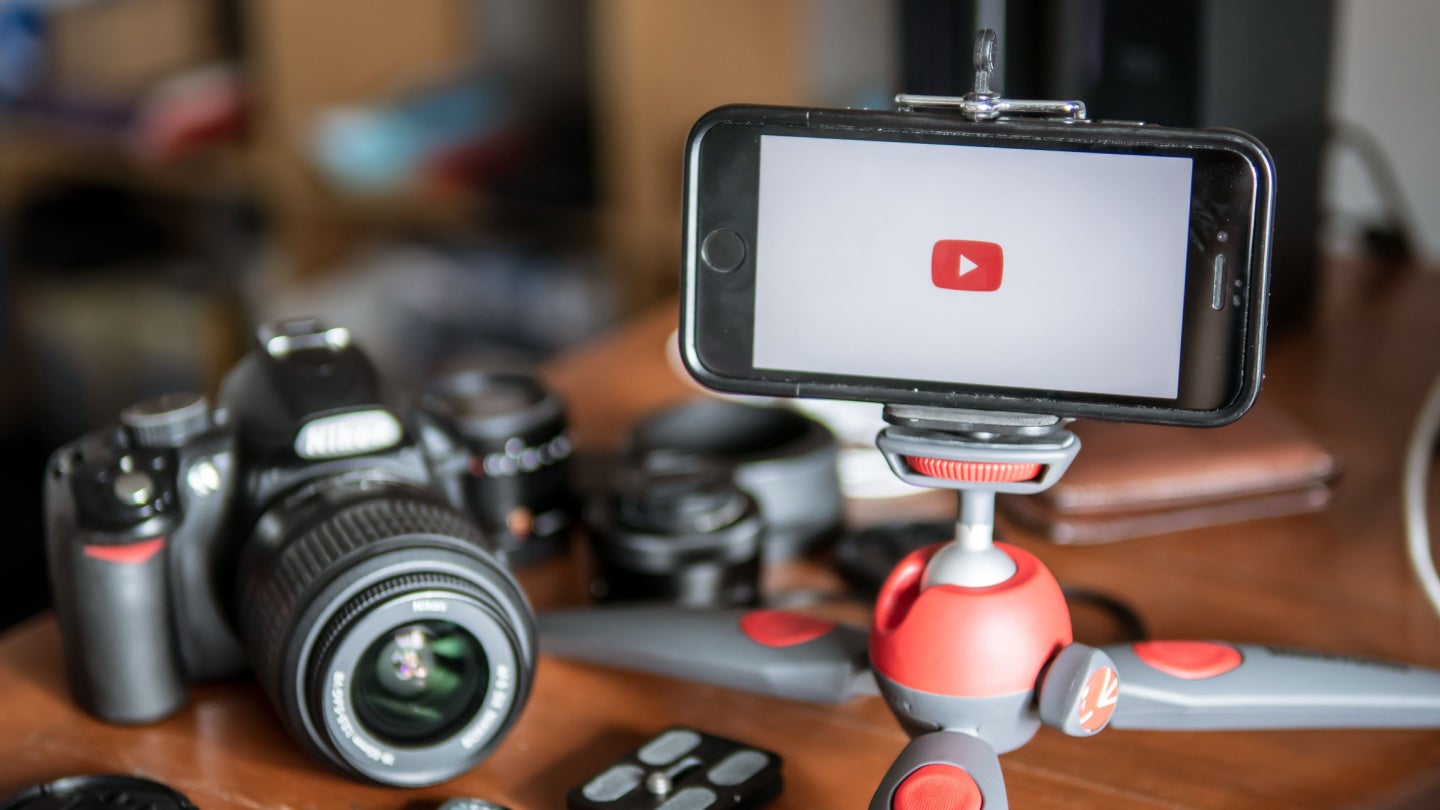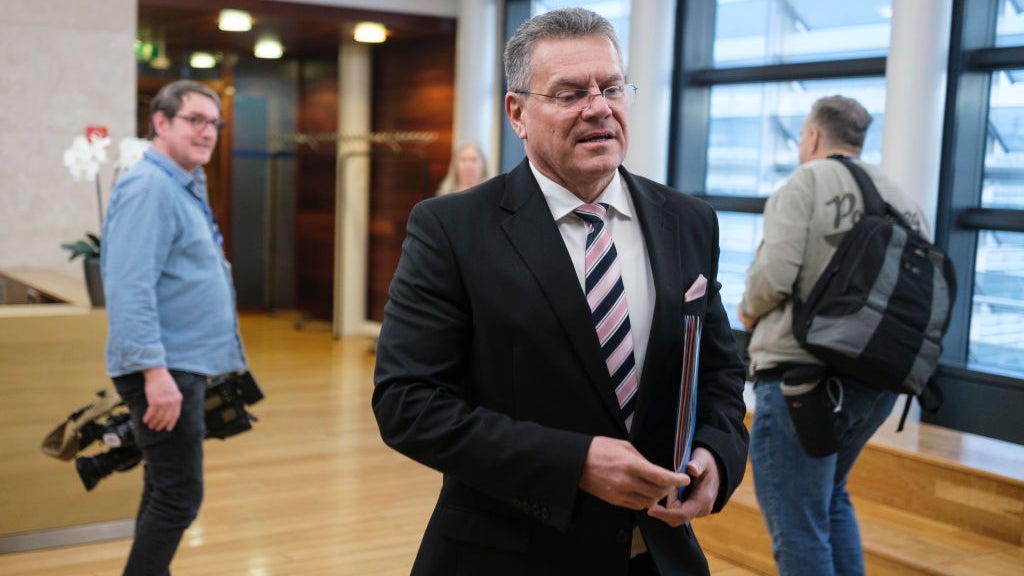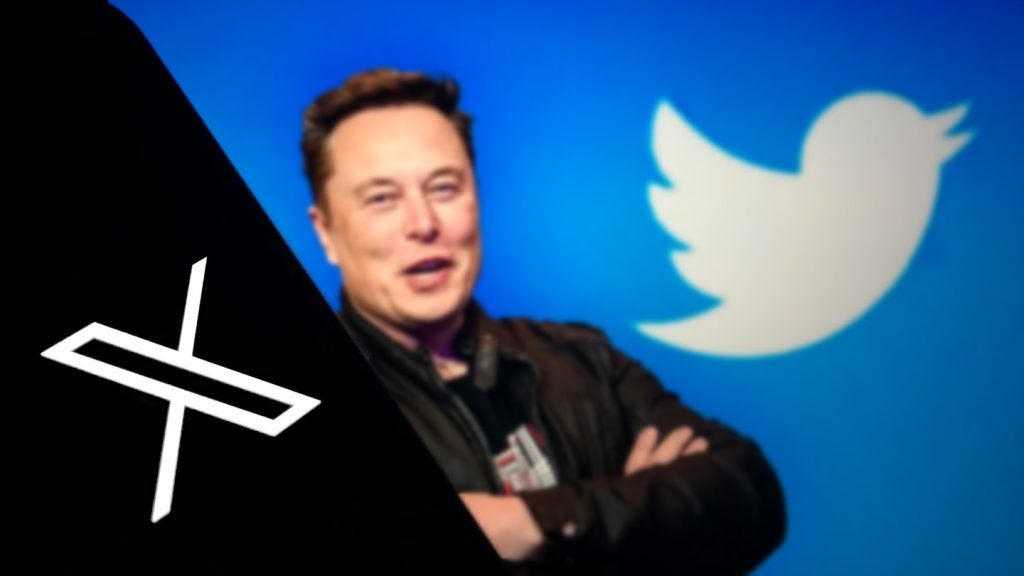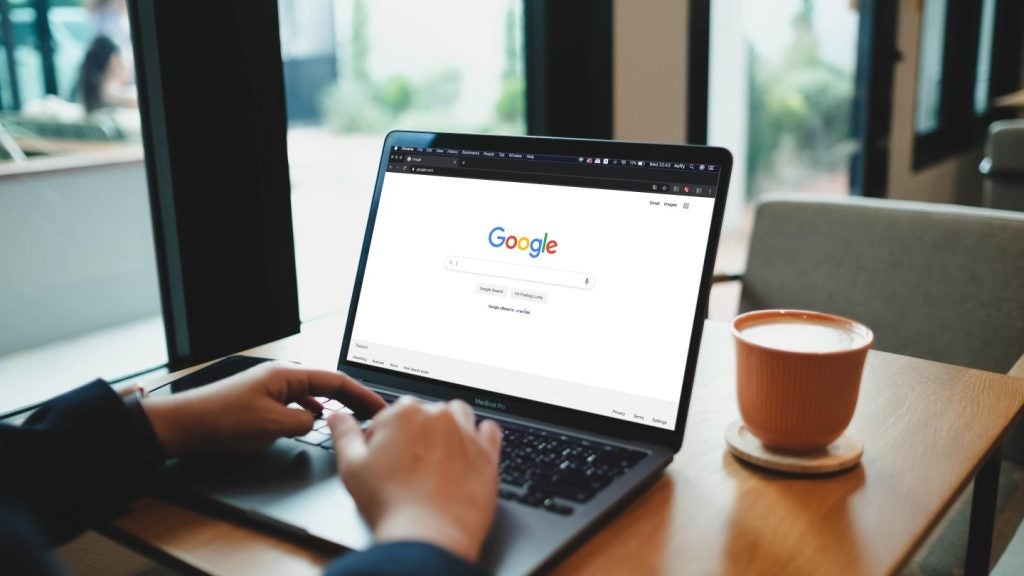
US District Judge Vince Chhabria has dismissed a lawsuit first filed against YouTube back in 2020.
The lawsuit, filed by nine Black and Hispanic creators, allege that their videos were more likely to be removed, demonetised or restricted by YouTube’s algorithm.
Whilst Judge Chhabria admitted that the creators’ concerns around YouTube’s algorithms were reasonable, he stated that they do not “come close” to suffering from any discrimination by the algorithm itself.
Furthermore, Chhabria concluded that many of the videos that were used as evidence were demonetised or restricted by YouTube because of sensitive jokes that may have been flagged up by its content moderating system.
One example showed a plaintiff making jokes that contained the words “white supremacy” and a reference to the Ku Klux Klan. Chhabria stated that simply the inclusion of the words may be enough for YouTube’s algorithm to suppress the content, despite the intent of the creator to mock white supremacy.
YouTube has become a profession for many people globally.
How well do you really know your competitors?
Access the most comprehensive Company Profiles on the market, powered by GlobalData. Save hours of research. Gain competitive edge.

Thank you!
Your download email will arrive shortly
Not ready to buy yet? Download a free sample
We are confident about the unique quality of our Company Profiles. However, we want you to make the most beneficial decision for your business, so we offer a free sample that you can download by submitting the below form
By GlobalDataA 2020 academic article on class action against YouTube states that whilst the platform presents itself as solely for content distribution, the company has “operated as a de facto provider of labour from its early days.”
In 2019 a programme entitled FairTube was launched by content creators and YouTube users in an attempt to gain transparency over YouTube’s algorithms and content moderation.
Collective action among creators can impact YouTube’s image to valuable advertisers greatly. Referring back to the 2020 article by Valentin Niebler, YouTube’s crucial image to advertisers is particularly sensitive to damage from controversies by its own content producers.
Google’s advertising practices on YouTube have already faced scrutiny this June by the European Commission.
Speaking on the judge’s ruling, GlobalData senior analyst Amelia Connor-Afflick stated that it raises the question of whether YouTube now has a “loophole to overcome any existing or future allegations against its algorithms: that it never said its algorithm was infallible.”
Judge Chhabria explicitly stated that YouTube never claimed its algorithm to be infallible.
When the case was first filed against YouTube back in 2020, then CEO Susan Wojcicki said that YouTube’s systems do not “understand race or any of those different demographics.”
This claim in light of the creators’ lawsuit seems contradictory in Connor-Afflick’s opinion.
“Either the algorithm does not discriminate, meaning it is infallible, or” explains Connor-Afflick, “it is not infallible, which is why the claimants have experienced such bias.”
Whilst issues surrounding biases in algorithms persist across the entire tech sector, Connor-Afflick questions the ability YouTube has to promise race-neutral content moderation.
Looking forward, she states that this ruling could act as a “precedent” to protect YouTube in any further controversy.
Judge Chhabria’s dismissal of the case with prejudice means the lawsuit cannot be refiled against YouTube at a future date.







